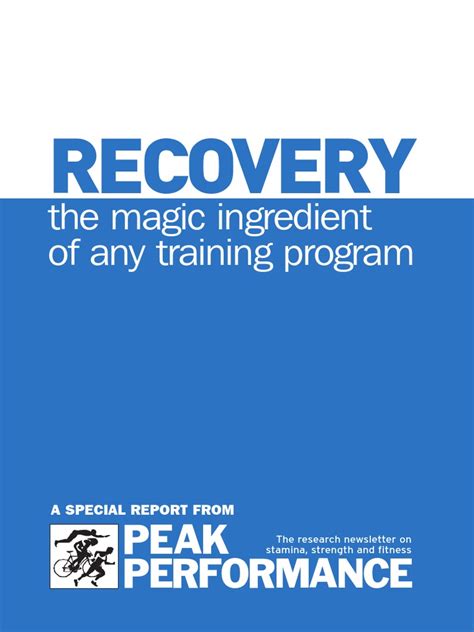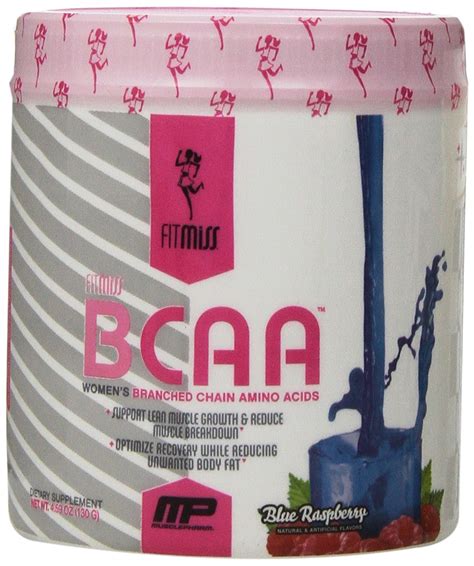How to optimize workout recovery for peak performance & relentless muscle growth?

In the relentless pursuit of peak physical performance and monumental muscle growth, many enthusiasts meticulously plan their training routines, only to overlook one of the most critical components: recovery. The truth is, your muscles don’t grow in the gym; they grow and adapt during the recovery period that follows intense training. Neglecting recovery is like planting a seed without watering it – your efforts will yield minimal results, if any. Mastering the art of recovery is not just about resting; it’s a multi-faceted approach involving strategic nutrition, quality sleep, active recovery, and mental well-being.

The Undisputed King: Quality Sleep
There’s no substitute for a good night’s sleep when it comes to muscle recovery and overall performance. During deep sleep cycles, your body releases human growth hormone (HGH), which is vital for tissue repair and muscle protein synthesis. It’s also when your central nervous system (CNS) recovers from the stress of training. Aim for 7-9 hours of uninterrupted sleep per night. Establish a consistent sleep schedule, create a dark and cool sleep environment, and limit screen time before bed to optimize your body’s natural restorative processes.
Fueling the Machine: Strategic Nutrition & Hydration
What you put into your body directly impacts its ability to repair, rebuild, and grow. Post-workout nutrition is critical for replenishing glycogen stores and providing the amino acids necessary for muscle repair. Consume a meal or shake rich in protein (20-40g) and carbohydrates (60-100g, depending on training intensity) within a reasonable window after your workout. Protein provides the building blocks for muscle, while carbs help restore energy levels and prevent muscle breakdown. Furthermore, staying adequately hydrated is non-negotiable. Water plays a crucial role in nutrient transport, joint lubrication, and maintaining optimal metabolic function.

Active Recovery & Mobility: Beyond Just Rest
While rest days are essential, complete inactivity isn’t always the optimal path to recovery. Active recovery involves low-intensity activities like walking, light cycling, or swimming, which can increase blood flow to muscles, reduce soreness, and improve nutrient delivery without adding significant stress. Incorporating mobility work, stretching, and foam rolling into your routine can also significantly aid recovery. These practices help improve flexibility, reduce muscle tightness, break up knots, and enhance range of motion, all of which contribute to better movement patterns and reduced injury risk.

Mind Over Muscle: Stress Management & Mental Recovery
The mind-muscle connection extends beyond just lifting. Chronic stress, whether physical or psychological, elevates cortisol levels, which can hinder recovery, promote fat storage, and even lead to muscle breakdown. Incorporating stress-reducing techniques such as meditation, deep breathing exercises, yoga, or spending time in nature can significantly impact your recovery capacity. A calm mind translates to a more efficient body, allowing it to dedicate resources to repair and growth rather than constantly battling stress hormones.

Smart Supplementation: Aiding the Process (When Necessary)
While a solid foundation of sleep, nutrition, and stress management is paramount, certain supplements can play a supportive role in optimizing recovery. Protein powder (whey, casein, or plant-based) can help meet daily protein requirements, especially post-workout. Creatine monohydrate is well-researched for its benefits in strength, power, and muscle mass, indirectly aiding recovery by improving performance in subsequent workouts. BCAAs (branched-chain amino acids) and glutamine might offer some benefits in reducing muscle soreness and supporting immune function, though their impact varies and is often secondary to whole food protein intake. Always consult with a healthcare professional before adding new supplements to your regimen.

Putting It All Together: Your Recovery Blueprint
Optimizing workout recovery is an ongoing process that requires consistency and attention to detail. It’s about recognizing that your body needs time and resources to adapt to the demands you place on it. By prioritizing quality sleep, strategic nutrition and hydration, active recovery, and effective stress management, you’re not just resting; you’re actively building a stronger, more resilient physique. Embrace recovery as an integral part of your training, and you’ll unlock unprecedented performance gains and relentless muscle growth, transforming your fitness journey from a struggle to sustainable success.







